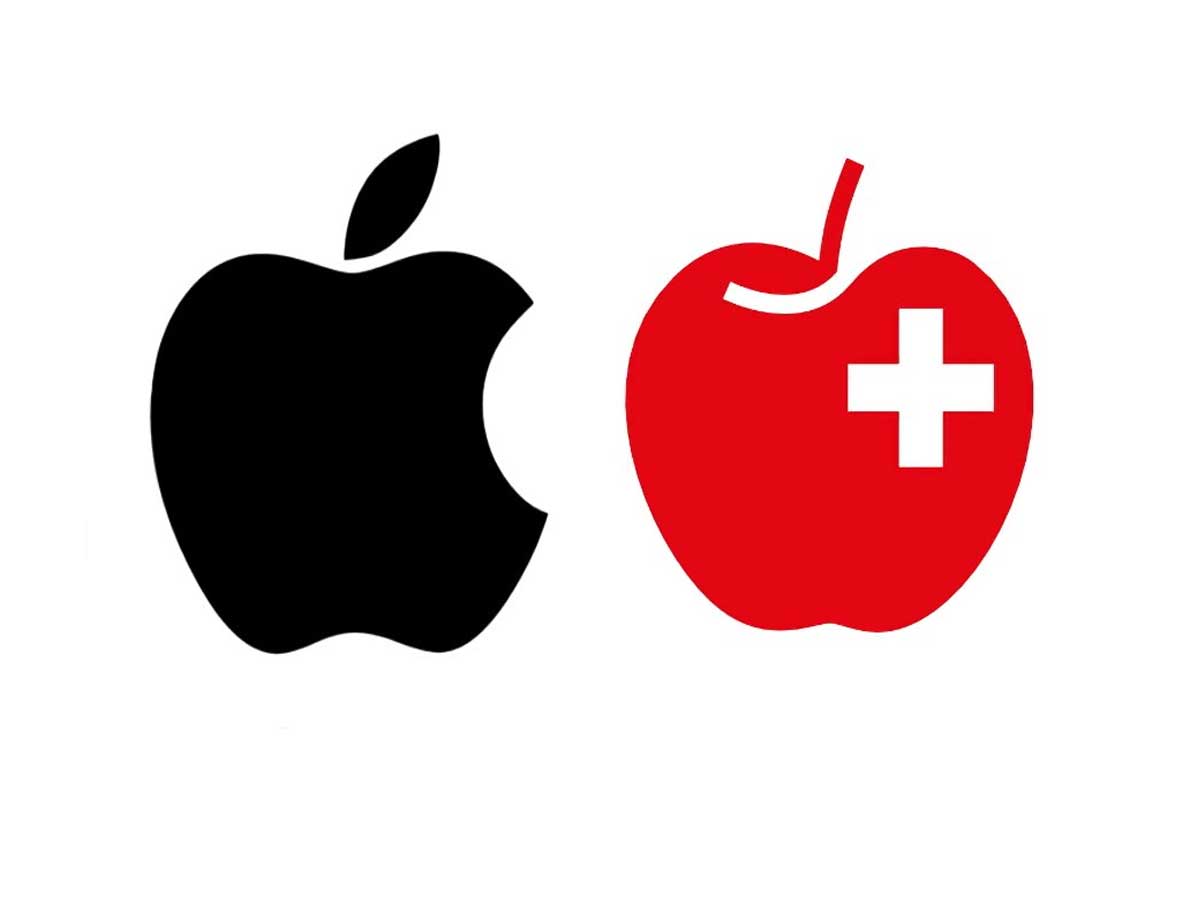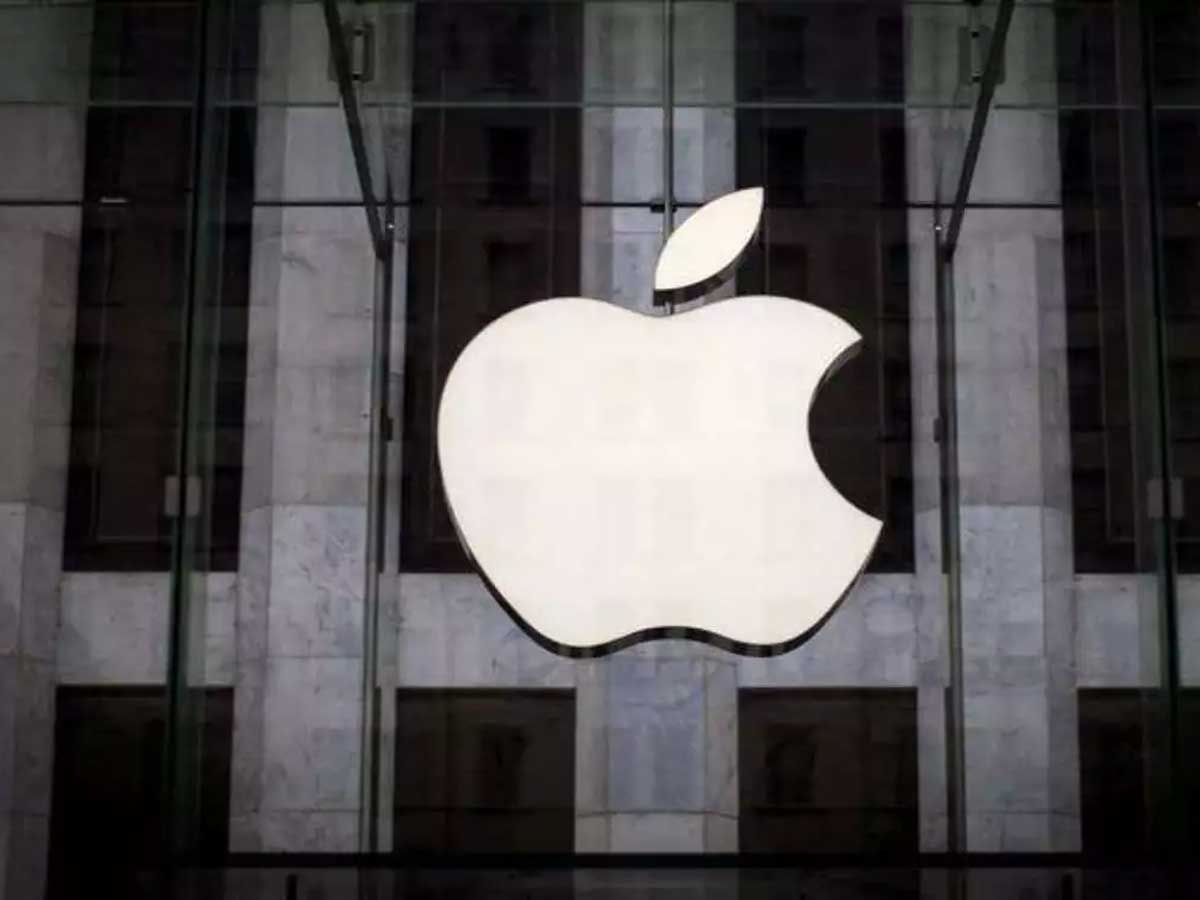In intellectual property rights, a surprising conflict has emerged between tech giant Apple and the Fruit Union Suisse, the oldest and largest fruit farmer's organization in Switzerland. Apple's relentless pursuit of intellectual property rights over depictions of apples is at the heart of the dispute, which has puzzled Swiss fruit growers.
Apple's Ambitious Trademark Requests
Apple, known for its iconic bitten apple logo, has taken its trademark ambitions to a new level by attempting to secure intellectual property rights over depictions of apples themselves.

The Fruit Union Suisse, with its 111-year history, has long used a red apple with a white cross as its symbol, reminiscent of the Swiss national flag. However, Apple's request for exclusive rights to apple depictions has raised concerns among Swiss fruit growers and organizations.
Not limited to Switzerland, Apple has made similar trademark requests to intellectual property authorities in various countries, including Japan, Turkey, Israel, and Armenia.
The case has attracted attention globally, highlighting the dynamics of a flourishing intellectual property rights industry that encourages companies to compete over trademarks they may not genuinely require fiercely.
The Swiss Legal Battle

Apple's pursuit of trademark rights in Switzerland traces back to 2017 when the company applied for intellectual property rights for a black-and-white depiction of the Granny Smith apple, a popular apple variety.
The Swiss Institute of Intellectual Property (IPI) partially granted Apple's request, but the rights were restricted to specific goods only. Unfazed by this decision, Apple launched an appeal against the IPI's ruling, leading to an ongoing court case that deals with the goods for which the IPI refused the trademark.
The Fruit Union Suisse, representing over 8,000 apple farmers, is deeply concerned about the potential ramifications of Apple's trademark quest. They fear that Apple's aggressive pursuit of infringements on its trademarks could severely restrict the use of Apple shapes in audiovisual content, new technologies, and media.
For an almost universal fruit that has been around for centuries, this poses a significant challenge for Swiss apple growers.
Apple's Track Record and the Trademark Industry

Apple's trademark disputes extend beyond apples themselves. Over the years, the tech giant has engaged in legal battles with many entities, including a meal-prepping app, a singer-songwriter, a cycling route, stationery makers, and even a school district.
A 2022 investigation by the Tech Transparency Project revealed that Apple filed more trademark oppositions than major tech companies such as Microsoft, Facebook, Amazon, and Google combined.
Such conflicts underscore the highly competitive nature of the global trademark industry, which has become a self-sustaining ecosystem driven by financial interests.
Intellectual property rights authorities often issue registrations for trademarks that companies may not necessarily need, contributing to the system's complexity.
In the face of Apple's aggressive pursuit of trademarks, smaller companies, like Swiss apple growers, find themselves at a disadvantage. While Switzerland's legal system protects those who can prove a prior history of using a disputed sign, the reality is that big, wealthy corporations can intimidate smaller businesses into compliance through the threat of expensive litigation.
This inherent bias in favor of larger entities raises concerns about fairness and the ability of smaller companies to protect their assets.
The Implications and Future Outlook
The outcome of the ongoing court case in Switzerland will be known for only a few years. For Swiss apple growers, the potential rebranding required to comply with Apple's trademark claims could have significant financial implications.
Changing logos, packaging, and marketing materials can be a costly and time-consuming process that may affect their market presence and identity. The Fruit Union Suisse, while emphasizing that it does not seek to compete with Apple, highlights the historical and cultural significance of apples and their role in human civilization.
While Apple's pursuit of trademarks may seem excessive, it reflects a broader trend where companies vie for exclusive rights, sometimes to the detriment of smaller businesses and traditional industries. As the legal battle unfolds, the future of apple trademarks and the implications for Swiss apple growers remain uncertain.
Sources:wired.co.uk












